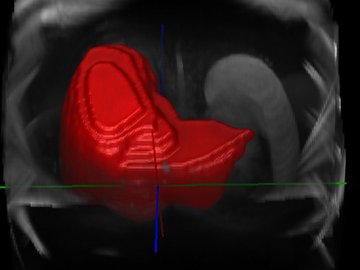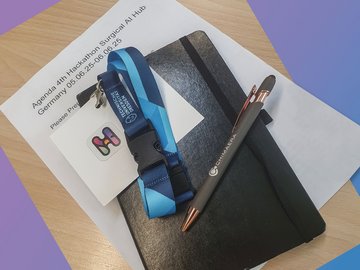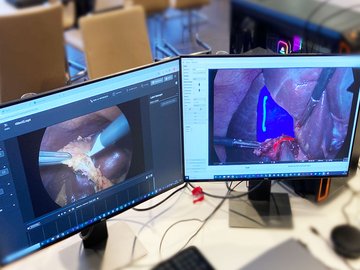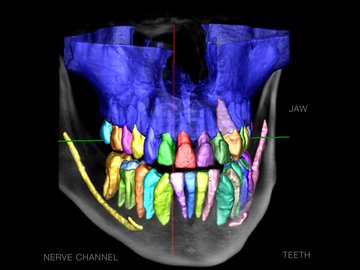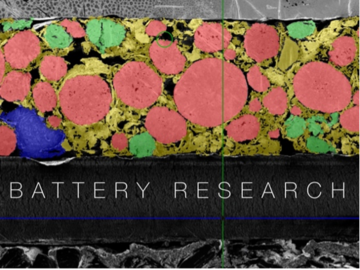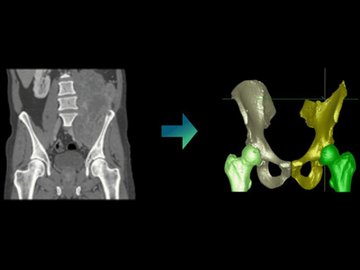High Quality Data Annotation
Annotating relevant structures is crucial for the performance of AI models because most of the effort is already spent on data collection and preparation. The quality of the labeling significantly impacts the quality of the model.
We offer high-quality annotations and support project planning, data acquisition, and data preparation.
Our services are used in a wide variety of application areas – from medical image analysis and industrial quality control to autonomous systems – and provide the optimal basis for precise and reliable AI training.
Precise Annotation for Reliable AI Results
We annotate image, video, and sensor data – from individual objects and structures to complex scenes. Through semantic segmentation, ROI marking, and classification, we deliver consistent training data for high-performance AI models.
Data Annotation in Different Ways
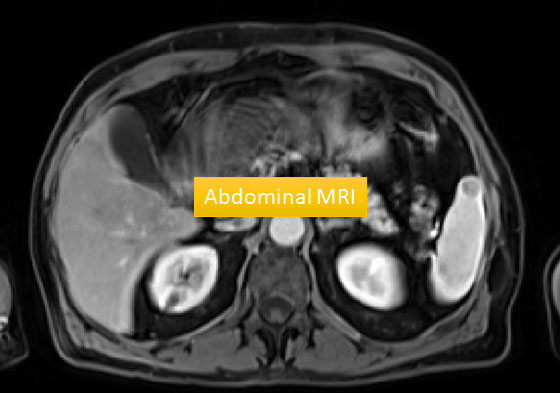
Labeling of entire images, for example with one or more image content classes.
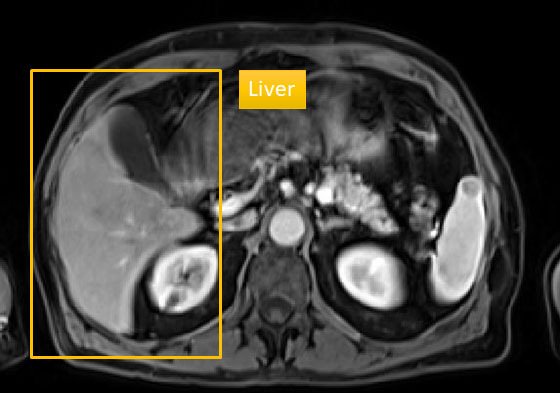
Annotation with region of interests (ROIs) for spatial localization tasks and classification.
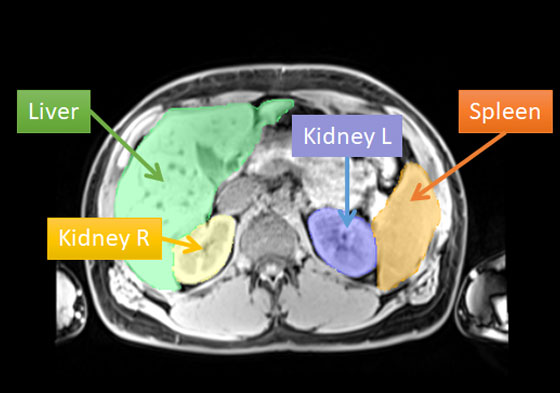
Semantic annotation of image content, assigning one or more classes to each pixel.
Our Annotation Services
We provide professional image labeling services that can serve as an essential foundation for training AI models for various applications. In our experience, this can account for up to two-thirds of the project effort.
Our team of annotation experts is ready to relieve you from this time-consuming annotation work.
Applications
- Medical device development
- Clinical, preclinical & industrial research
- Clinical trials
- Quality control
Solutions
- Own software & workflows for high quality annotations
- Trained annotation team
- Annotation of large & complex data sets
- Satisfying legal requirements
Benefits
- Powerful own annotation-software
- Seamless integration of Development
- Quality process with integration of external medical experts
- Close customer collaboration throughout the annotation process
- Controlling and tracking of project state
- Keep full control of your data
Researchers in clinical and preclinical healthcare insititutes can also benefit from our data annotation services. Contact us for more information.
Fields of Expertise
Based on successfully completed projects, we offer experience in the following areas:
- Skeletal and bone annotation in x-ray and CT
- Dental x-ray annotation (e.g. teeth, nerve channel, facial bones)
- Soft tissue and organ annotation (e.g. liver, prostate) in CT and MRI
- Brain tissue annotation in brain MRI
- Vessel and heart annotation tasks in contrasted CT
- Quality assessment based on surgical video data
- Marker (fiducials) annotation in x-ray and CT
- Annotation of implants and tools
- Cancerous lesions in multi-modal images (e.g. HCC tumors)
In general, it's not just about the annotation. You always have to keep an eye on the subsequent application and the AI model to be generated. Therefore we work with interdisciplinary teams of data scientists and medical experts from the very beginning.
Data Scientists
To generate the best possible result from the clients' data, Chimaera provides experienced data scientists. They support the selection and preparation of data sets and help define the necessary quality guidelines for the annotations.
Medical & Dental Experts
For medical topics, our customers can outsource the data annotation to our trained team of medical and dental students. Even time-consuming tasks can thus be completed quickly and professionally.
Service Workflow
Since the performance of AI models depends heavily on data annotation, careful quality control is essential, especially for clinical applications.
With our well-designed quality workflow, our customers are fully involved in the annotation process and can involve their own experts in the project whenever desired.
Reference Annotation
Creating reference annotations helps to plan the annotation project:
- Problem analysis based on test data from the customer
- Effort estimation for scope and quality of the project
- Collection of customer requirements for quality specifications
Data Preparation & Collection
Data exchange and preparation needs careful planning and solutions for:
- Data storage and exchange according to GDPR
- Anonymization and pseudonymization
- Data safety and security
Annotation Guidelines
Experience shows that project-specific annotation guidelines are crucial for success:
- Precise definition of annotation targets and details
- Specification of tools and process instructions based on reference annotations
- Continuous adaptation during the project
Project Team
Close interdisciplinary collaboration of:
- Data scientists and customer engineers
- In-house annotation experts
- External medical experts
AI-Assisted Data Annotation
Incremental AI models are created early in the project to support annotation:
- Continuous AI model updates for improved pre-annotation
- Development of AI model and annotation go hand in hand
- Consistent AI result control (reporting)
Controlling
Our controlling measures do not only relate to annotation results, but also to personnel and project management:
- Regular quality controls
- Change tracking (documentation)
- Fine-tuning the annotation process to the task at hand
- Automated result checks for early error detection
- Resource and project management
Acceptance and Handover
The top priority in each of our projects is customer satisfaction and transparent delivery of results:
- Acceptance by the customer and its experts based on the annotation guidelines
- Support for integration into customer systems
- No black box solutions but transparent transfer of project results (data and models)
References

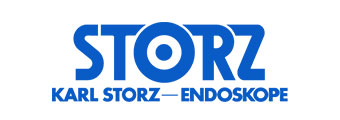
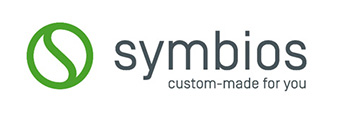


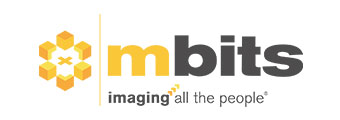


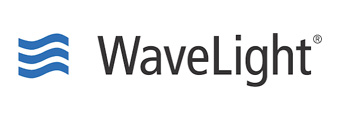
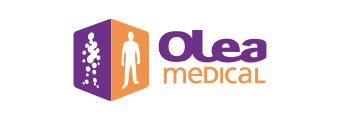

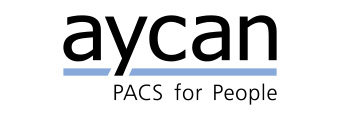
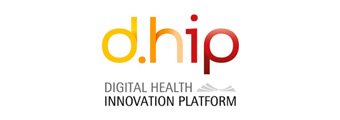
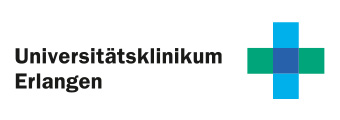
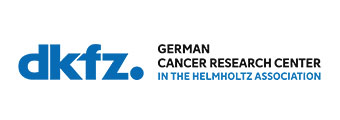

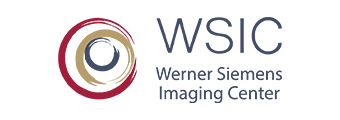
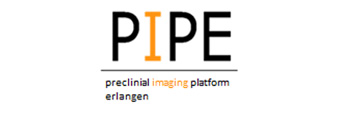





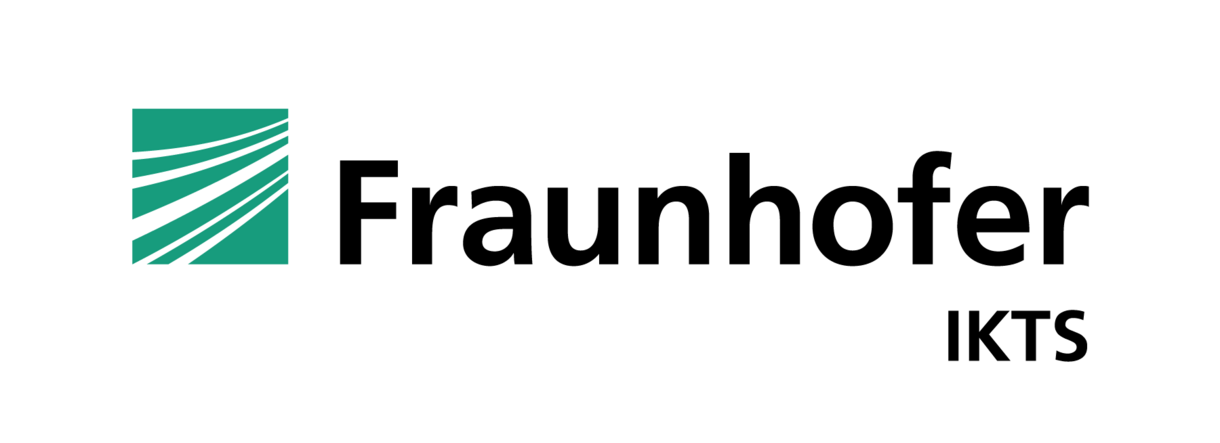
Nina

Dr.-Ing. Nina Ebel
Am Weichselgarten 7
91058 Erlangen
Germany
+49 (0)9131 - 691 388
+49 (0)9131 - 691 386
ebel(at)chimaera.de


